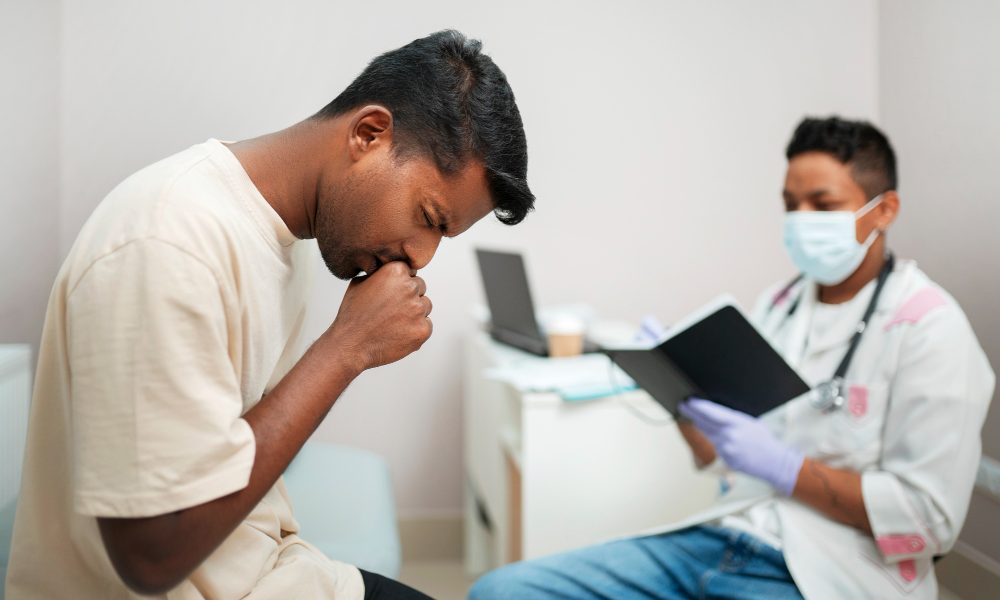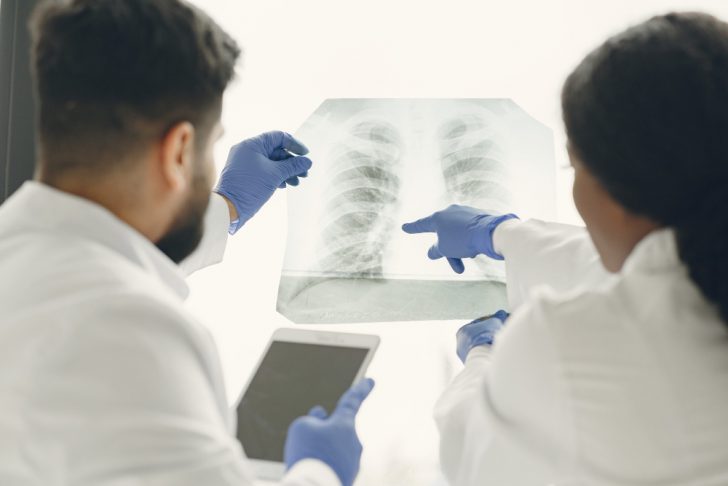
How to Spot Lung Problems Early and Protect Your Health

Lung problems can sneak up on anyone, affecting breathing and overall well-being. Recognizing early symptoms can be crucial in preventing severe health conditions. The lungs play a vital role in bringing oxygen into the body, and any disruption can have far-reaching effects. Learning how to spot these problems early on can help protect your health and improve long-term outcomes.
Early Signs of Lung Problems
One of the most important steps in protecting your lungs is learning to recognize the signs of trouble. Early symptoms often include:
- Shortness of breath
- Persistent coughing (with or without mucus)
- Wheezing
- Fatigue and difficulty exercising
- Chest pain, especially when breathing or coughing
- Unexplained weight loss
If these symptoms persist, consulting a healthcare provider for further evaluation is crucial. Catching lung problems early could prevent more serious complications.
Common Lung Conditions and Their Causes
Several lung conditions can impact the respiratory system, and understanding the most common ones can help with early detection. These include:
Asthma
Asthma causes inflammation in the airways, which can lead to wheezing, chest tightness, and shortness of breath. Triggers include allergens, infections, and pollution. Proper management is essential to avoid frequent flare-ups.
Chronic Obstructive Pulmonary Disease (COPD)
COPD includes chronic bronchitis and emphysema. It is often caused by long-term smoking, making it difficult to exhale properly. Symptoms include chronic cough, shortness of breath, and tightness in the chest.
Pneumonia
Pneumonia is an infection that inflames the air sacs in the lungs. It can be caused by bacteria, viruses, or fungi. Common symptoms are fever, cough with phlegm, and shortness of breath. It can be life-threatening, especially in vulnerable populations.
Lung Cancer
Lung cancer is often caused by smoking and can develop in any part of the lungs. Early signs include persistent coughing, blood-tinged sputum, and unexplained weight loss. Early detection can increase the chances of successful treatment.
How to Protect Your Lungs
Protecting your lungs from harm is key to maintaining long-term respiratory health. Simple lifestyle changes and awareness can go a long way in preventing lung diseases.

prostooleh | Freepik | Healthcare professionals can perform diagnostic tests to determine the cause of your lung symptoms.
Avoid Smoking
Quitting smoking is the most impactful step you can take to protect your lungs. Smoking damages the airways and alveoli, leading to chronic lung diseases. Avoiding secondhand smoke is equally important, as it can cause similar health issues.
Exercise Regularly
Regular physical activity strengthens your lungs and boosts lung capacity. Exercises such as walking, swimming, and yoga can improve overall lung function. Deep breathing exercises, in particular, help keep your lungs clear and enhance their performance.
Improve Air Quality
The air you breathe plays a significant role in your lung health. Avoid exposure to pollutants, such as smoke, chemicals, or dust, which can irritate the lungs. Consider using air purifiers in your home, especially in areas with poor air quality. Additionally, stay indoors on days with high pollution levels.
When to Seek Medical Attention
If you experience persistent symptoms or suspect lung problems, early medical intervention can make a significant difference. Healthcare professionals can perform diagnostic tests such as chest X-rays, lung function tests, or CT scans to determine the cause of your symptoms. These tests provide valuable insight into the health of your lungs and help guide treatment options.
By paying attention to your lung health and seeking help when necessary, you can reduce the risk of severe complications.
More in Health Insurance
-
`
Can Baking Soda Clean Your Lungs?
Years of inhaling cigarette smoke, pollution, and other toxins can leave you longing for a way to cleanse your lungs. The...
June 27, 2024 -
`
How to Build Muscle Mass After 60? 5 Proven Strategies
Curious about how to build muscle mass after 60? You are not alone. And the good news is that it is...
June 20, 2024 -
`
Prediabetic Foods That Can Lower Your Blood Sugar in 2024
Prediabetes is a health condition characterized by blood sugar levels that are higher than normal but not high enough to be...
June 13, 2024 -
`
Kelly Clarkson’s Weight Loss Journey | Here Are the Details
Kelly Clarkson’s weight loss has been a hot topic among fans and media alike. The iconic American singer and host of...
June 3, 2024 -
`
Essential Vitamins for Gut Health – A Comprehensive Guide
Our gut does more than just digest food – it plays a vital role in immunity, mood, and overall health. But...
May 30, 2024 -
`
Looking to Build A Stronger Sculpted Back? Try Cable Back Workouts
Back workouts using cables, or cable back workouts as they are commonly known, have become the gold standard for anyone aiming...
May 22, 2024 -
`
How Much Water Should I Drink on Creatine? Hydration Tips
Creatine, a popular supplement among athletes and fitness enthusiasts, has gained widespread recognition for its ability to enhance muscle strength, power,...
May 17, 2024 -
`
What Is Bruce Willis’s Net Worth? Get the Inside Scoop Here!
Bruce Willis, the action hero who has saved the day countless times on screen, has built a legendary career. But how...
May 11, 2024 -
`
How to Sleep with Fluid in Lungs – Expert Tips
Living with fluid in your lungs can turn nighttime into a challenging experience, but with the right strategies, you can reclaim...
April 30, 2024
















You must be logged in to post a comment Login